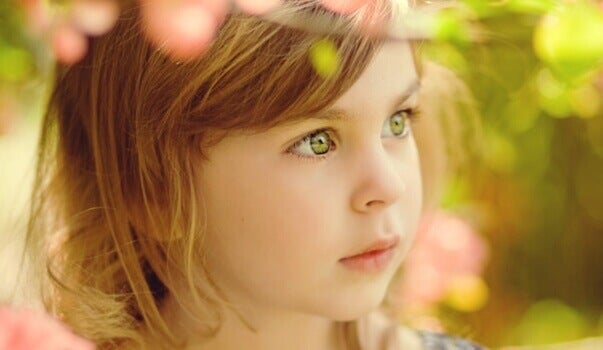The trophy child is a porcelain doll that smiles in front of the camera, it is also the favorite of all brothers and sisters forced to be an extension of a parent who aspires to make their perfect child meet their emotional needs, fantasies or unsatisfied. Wishes. Unfortunately, this fraternal sponsorship leaves consequences.
In our society we like to think that all families with more than one child value and love their children in the same way and without preferences, however, several studies show that this is not the case, there is preferential treatment in creation, almost 70% of parents admitted that at some point they had demonstrated different treatment for a particular child.
“The best gift our parents can give us is to believe in ourselves. “Jim Valvano?
Doing this at some point, whether by the age of the child or by special needs, is not a reproach, however, the problem arises when this bias is excessive and constant, in this way when parents begin to treat one of the children differently, praising, emphasizing and directing all their attention, we find ourselves facing a clear favoritism among the brothers.
The favorite child is not always the eldest, nor the youngest, so what many experts in child psychology and family dynamics say is that the relationships between parents and children are not stable, they tend to change due to the interaction, the age of the child. children and a particular event.
It is not always clear why this preferential treatment occurs. Parents can be reflected in one of their children and not in others. They can also choose one of them because of their physical characteristics or ability or simply by realizing that one of the children is more submissive. In any case, it must be very clear that this situation of favoritism is also not easy for the trophy child.
This child will understand from an early age that, in order to obtain a positive consideration of his father, he must suppress his own desires and needs to be part of this brilliant ideal, at this high sometimes excessive level established by his parents. , it is common for them to orient the trophy child towards a number of objectives: to practice a sport, to play an instrument, to be a model, etc.
On the other hand, one thing that usually happens with a particular frequency is that behind a trophy child, there is a narcissistic mother or father, they are people who make this favorite creation their greatest pleasure and obsession, these children are their daily emotional contribution. a means of satisfying frustrated desires and un cultivated goals of the past, which the child is obliged to achieve for them in the present.
In this way, the narcissistic father or mother will not be able to recognize that this child has his own needs, his own preferences, or at least that the rest of the brothers were in the background, a complex situation that no child deserves to live. In.
When a child is two years old he begins to have a sense of identity and belonging, that’s when the first comparisons appear, when the “Do you and I don’t have it?”, “Can you do it?And I don’t?” Jealousy marks the territories of struggle between brothers and sisters, and things intensify much more when they become aware of preferential treatment on the part of their parents.
All of this leaves traces from an early age, when a parent chooses their favorite child and fills him with emotional and material privileges, it will lead the rest of the siblings to develop self-esteem and safety issues, however, as they get older, they will be able to control resentment, conflicting emotions and poor quality of emotional bond with parents. Thus, the unprotected child can become a self-a sure adult.
It should now be noted, once again, that the position of the trophy child is also not easy, this preferential treatment of which he is a beneficiary has a high cost: the negotiation of his own vital project in many cases. develop immature personality, low self-esteem and low tolerance for frustration.
In conclusion, one thing we are clear about is that this situation is not easy for the overrated child or for the unprotected child, both situations are the result of an ineffective, immature and, in some cases, narcissistic education. Education and education must be fair in all cases, they must be consistent, respectful and attentive to prevent one of our children from feeling displaced or underestimated.
We must remember that our identity is built on positive considerations, to look where we are reflected and strengthened by love and affection without cracks or preferences.

